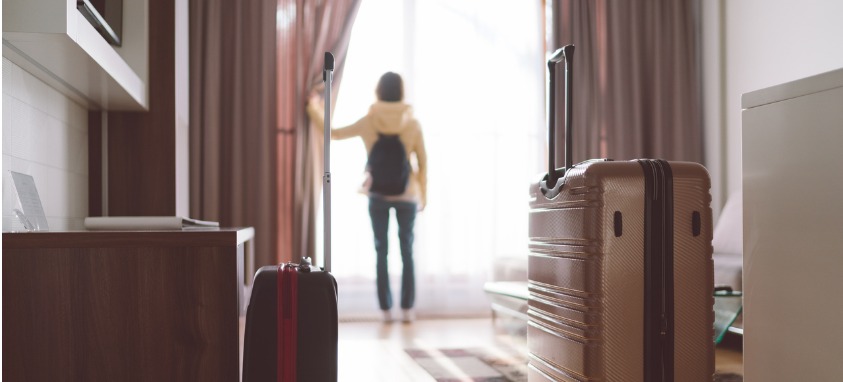The tradition room block model is under review and may see some significant changes in the future. This consideration comes as a result of “Room Block of the Future,” a recent study conducted by Hilton, NYC & Company and PCMA Foundation. The study was conceived with the intent to better understand the room booking behaviors—and motivators behind them—in the events industry.
In the study, it was discovered that half of participants attending large-scale conventions are foregoing the traditional room-booking process and are booking accommodations on their own.
The project, led by Kalibri Labs and Prism Advisory Group, sought to identify on what basis hotel booking decisions were made. They analyzed more than 2 million hotel and Airbnb guests records from conventions held in New York City, Houston and San Diego between 2015 and 2018, as well as a sample of U.S. business travelers who have attended a city-wide convention.
Related: Room Block Tips from Event Tech Week
A Quarter Unrecognized
According to the study, 25 percent of convention attendees booked hotel accommodations within the designated room block, but did not take the traditional room-booking route. This resulted in attendees not being recognized in the room block; this also left planners with unfilled rooms in their block. Planners that have an attrition clause in their contract could be left with a penalty if the agreed upon number of rooms are not filled.
More: 7 Critical Tips for Contract Clauses
What’s Behind This?
There are several reasons attendees aren’t taking the traditional route. For one, attendees dislike the idea of losing control of their hotel-booking process, as they might unable to do specific things they’d normally do in regular hotel bookings, such as having access to loyalty benefits.
Another factor affecting the hotel room block model is the notion that booking a hotel within the block is more expensive, which is a common misconception among attendees. In many of the cases—66 percent—it was proven that rooms reserved within the block are cheaper.
59 percent of younger attendees were found to be more likely to use alternate accommodations. This could be owed to the younger generation looking for more personalization in their experience, a thing which the traditional room-block process doesn’t provide as there is less flexibility in choice—such as in choosing your preferred room type, for example.
These findings could greatly impact how event professionals orchestrate their meetings—for the better. When planners better understand what their attendees want, they can provide a better experience not just for them, but everyone involved.




